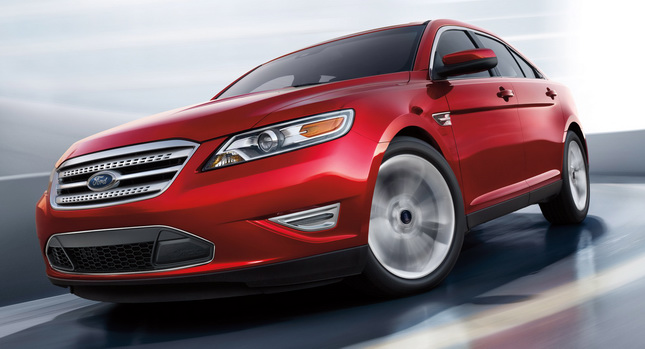The results are in for JD Power’s latest 2011 U.S. Initial Quality study that looks at the first 90 days of ownership and the news is not good for Ford Motor Company. The Dearborn-based company tumbled from fifth place and highest-ranking non-luxury automaker last year to 23rd in 2011 with 116 problems per 100 vehicles. Analysts claim that Ford’s freefall is due to complaints related to the company’s onboard MyFord Touch infotainment systems.
Even worse, Dodge was placed last in the list with 137 problems per 100 cars. Scion, MINI, Volkswagen, Mitsubishi and Suzuki didn’t fare well either occupying the last places in the study.
On the other side of the spectrum, Lexus finished in first place with 73 problems per 100 vehicles. Toyota’s luxury brand was followed by Honda, which improved to second rank position in 2011 from sixth in 2010, Acura, Mercedes-Benz and Mazda (from 18th in 2010).
Land Rover posted the largest improvement in 2011, reducing problems by 47 per 100 vehicles from 2010, but the Indian-owned carmaker is among the last in the study.
J.D. Power’s conclusion on the study is that after an improvement in the quality of newly launched models every year from 2007 to 2010, the initial quality of 2011 new model launches declined considerably, mainly due to problems related to information and entertainment systems, and engines and transmissions.
The automotive analyst found two primary causes for this decline in quality:
- With high fuel prices and more stringent government regulations, automakers are designing engine and transmission software to make their models as economical as possible. However, this sometimes leads to the engine or transmission “hesitating” when accelerating or changing gears, and consumers this year are reporting this as a problem more often than in past years.
- Automakers are also accelerating the introduction of multimedia technology into their models, including hands-free and voice-activation systems. Many consumers are attracted by this type of technology, which is perceived to enhance convenience and safety, but some vehicle owners report that their system is not intuitive and/or does not always function properly.
“Clearly, consumers are interested in having new technology in their vehicles, but automakers must ensure that the technology is ready for prime time,” said David Sargent, vice president of global vehicle research at J.D. Power and Associates.
“Successful companies will be those that can take this incredibly complex technology and make it reliable, seamless and easy for owners to operate while they are driving. There is an understandable desire to bring these technologies to market quickly, but automakers must be careful to walk before they run,” Sargent added.
Source / Data: J.D. Power & Associates
PHOTO GALLERY








